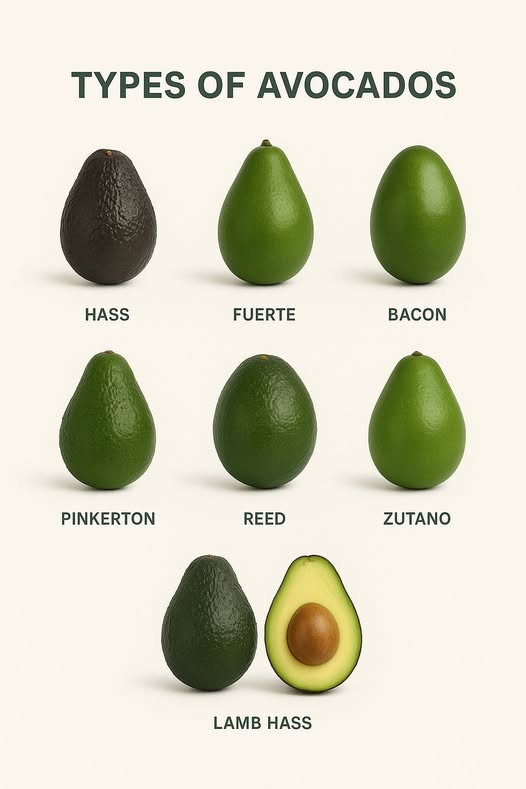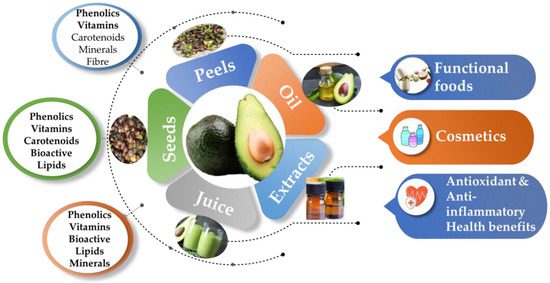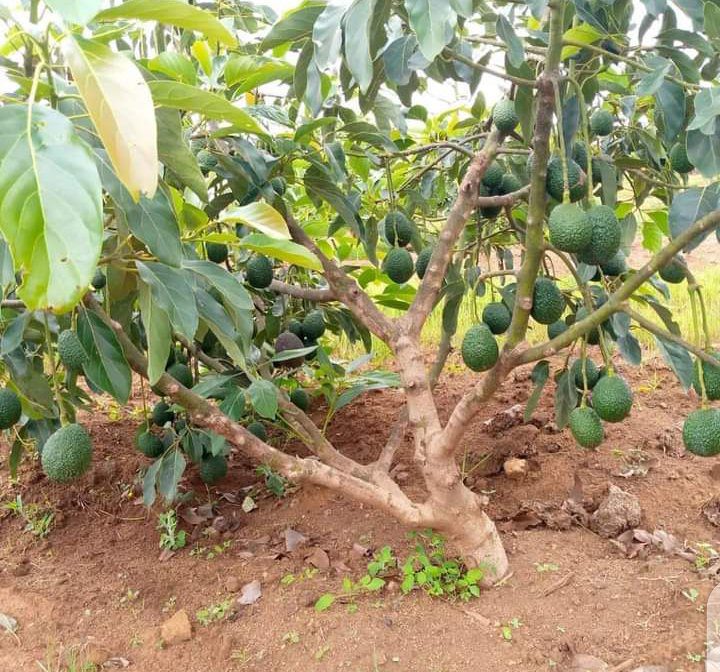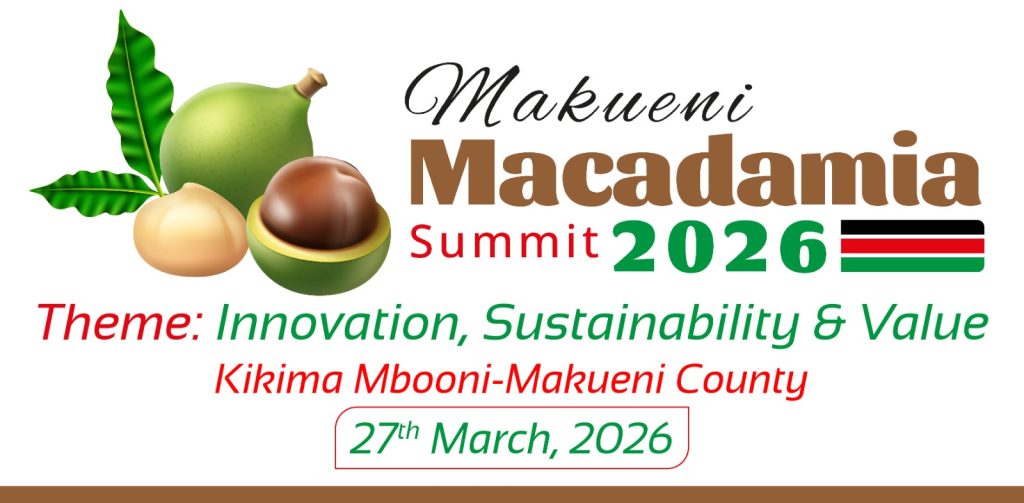
Avocado Farming in Kenya
Introduction: Why Avocados, Why Now?
In recent years, avocados have transitioned from a seasonal fruit enjoyed locally in Kenya to a global superfood commanding billions of dollars in international trade. Kenya has become one of Africa’s fastest-growing avocado producers and exporters, positioning itself as a key player in the global market. However, this growth comes with its own set of opportunities, challenges, and responsibilities.
The upcoming Makueni Avocado Summit, organized by Sergeantsville Limited and hosted at The Base Hotel, will bring together farmers, agribusiness investors, policymakers, exporters, and researchers. This avocado summit is more than an event — it is a platform to reimagine avocado farming in Kenya as a sustainable, profitable, and globally competitive sector.
1. The History and Growth of Avocado Farming in Kenya
Avocado farming was introduced to Kenya during the colonial era, but it remained a minor crop for decades. Over the last 20 years, however, global demand has turned it into a “green gold rush.” According to the Horticultural Crops Directorate, Kenya exported over 87,000 tons of avocados in 2022, earning billions of shillings in foreign exchange.
The avocado summit will trace this trajectory, highlighting:
- How smallholder farmers — who account for nearly 70% of production — have embraced the crop.
- The shift from the traditional Fuerte variety to the Hass variety, which is preferred in global markets due to its long shelf life and rich taste.
- The expansion of avocado farming beyond traditional strongholds like Murang’a and Kiambu into Makueni, Nyeri, Kisii, and parts of Rift Valley.
This historical perspective will help participants at the avocado summit understand why Kenya is uniquely positioned for avocado success and how lessons from the past can guide the future.
2. Uses of Avocados: Beyond the Dinner Table
The Makueni Avocado Summit will emphasize that avocados are more than just a fruit. Their diverse applications make them a highly versatile agricultural commodity.

Nutritional Uses
- A superfood rich in monounsaturated fats, potassium, vitamins C, E, K, and B6.
- Essential for heart health, weight management, and improved skin health.
- Growing popularity in vegetarian and vegan diets across Europe and Asia.
Industrial Uses
- Avocado Oil: Used in cooking, cosmetics, pharmaceuticals, and skincare products. Kenya has untapped potential to establish oil extraction plants that can rival imports.
- Avocado Butter: A premium ingredient in high-end skincare formulations.
- Animal Feed By-Products: Residues from oil extraction can be repurposed for animal nutrition.
Local Consumption
Although Kenya is a top exporter, local consumption is still relatively low compared to Latin America. Increasing awareness campaigns and recipes could grow domestic demand, providing farmers with dual markets.
These diverse applications will be central to discussions at the avocado summit, as they reveal how avocados can create multiple revenue streams for Kenyan farmers and companies.
3. Opportunities in Avocado Farming
The Makueni Avocado Summit is designed to connect farmers and companies with the massive opportunities this sector offers:
Export Growth
- Europe remains Kenya’s largest market, particularly for Hass avocados.
- The Middle East is emerging as a significant buyer.
- China officially opened its doors to Kenyan avocados in 2019, a game-changing opportunity.
Value Addition
- Processing avocados into oil, powder, and packaged slices can fetch up to three times more revenue compared to selling raw fruit.
- Opportunities exist for Kenyan SMEs to venture into branded avocado products.
Rural Development and Employment
- Avocado farming supports hundreds of thousands of households.
- With proper training, more youth and women can enter the value chain.
Agro-Processing Zones
- Counties like Makueni are exploring agro-industrial parks dedicated to avocado processing, an agenda item at the avocado summit.
4. Challenges in the Sector
Despite its promise, avocado farming in Kenya faces several hurdles that require urgent attention:
Premature Harvesting
Unscrupulous middlemen encourage farmers to harvest immature fruits, damaging Kenya’s reputation abroad.
Climate Change
Prolonged droughts and erratic rainfall affect yields and quality. Farmers need access to irrigation and climate-smart technologies.
Market Access Barriers
Smallholder farmers lack direct links to exporters, often receiving only a fraction of the final price.
Infrastructure Gaps
Poor road networks and insufficient cold storage facilities increase post-harvest losses.
Policy Enforcement
Weak enforcement of phytosanitary standards leads to shipment rejections in Europe and Asia.
The avocado summit will provide a platform for open dialogue on these challenges, with actionable strategies for overcoming them.
5. Global Market Trends
The global avocado industry is projected to exceed USD 20 billion by 2030.
- Mexico: Still the world’s largest exporter but struggling with overdependence on the U.S. market.
- Peru & Chile: Strong players in Europe.
- Kenya: Well positioned to supply off-season avocados when Latin American countries cannot meet demand.
Key global trends that the avocado summit will unpack:
- Rising demand in Asia, particularly China, Japan, and South Korea.
- Growing demand for organic avocados in premium markets.
- Expansion of avocado-based products (oils, spreads, powders).
Kenya’s comparative advantage lies in its production calendar, fertile soils, and proximity to shipping routes.
6. The Role of Technology and Innovation
Technology is transforming avocado farming. At the avocado summit, experts will explore:
- Mobile Apps for Farmers: Market prices, weather alerts, and training.
- Blockchain for Traceability: Ensuring compliance with international standards.
- Drones and Smart Irrigation: Precision farming to optimize water and fertilizer use.
- Cold Chain Innovations: Reducing post-harvest losses through affordable storage solutions.
7. Why the Makueni Avocado Summit Matters
The Makueni Avocado Summit, prepared by Sergeantsville Limited and hosted at The Base Hotel, is designed to bring all stakeholders under one roof. Its objectives include:
- Training Farmers: Best practices in production, harvesting, and post-harvest handling.
- Connecting Exporters and Buyers: Building partnerships for global trade.
- Policy Dialogue: Engaging county and national governments on supportive policies.
- Showcasing Innovations: From value addition machinery to organic certification services.
For farmers, the avocado summit is a chance to gain practical knowledge. For companies, it is an opportunity to network, sign contracts, and showcase products. For policymakers, it is a moment to understand sector challenges firsthand.

Conclusion
Kenya’s avocado industry stands at a crossroads. With growing global demand and rising local interest, the time to act is now. The Makueni Avocado Summit offers a once-in-a-lifetime opportunity for farmers, companies, and investors to position themselves at the center of this booming industry.
Sergeantsville Limited invites all stakeholders to The Base Hotel for the Makueni avocado summit — a space for learning, collaboration, and transformation. Together, we can ensure that Kenya not only sustains its position in global avocado markets but also becomes a global leader in quality, innovation, and sustainability.
Join the Makueni avocado summit Happening on the 30th and 31st October, 2025. Be part of shaping the future of avocado farming in Kenya.




